
MORE THAN TICKING A BOX
Young family violence advocates call for a more ethical approach to lived experience inclusion.

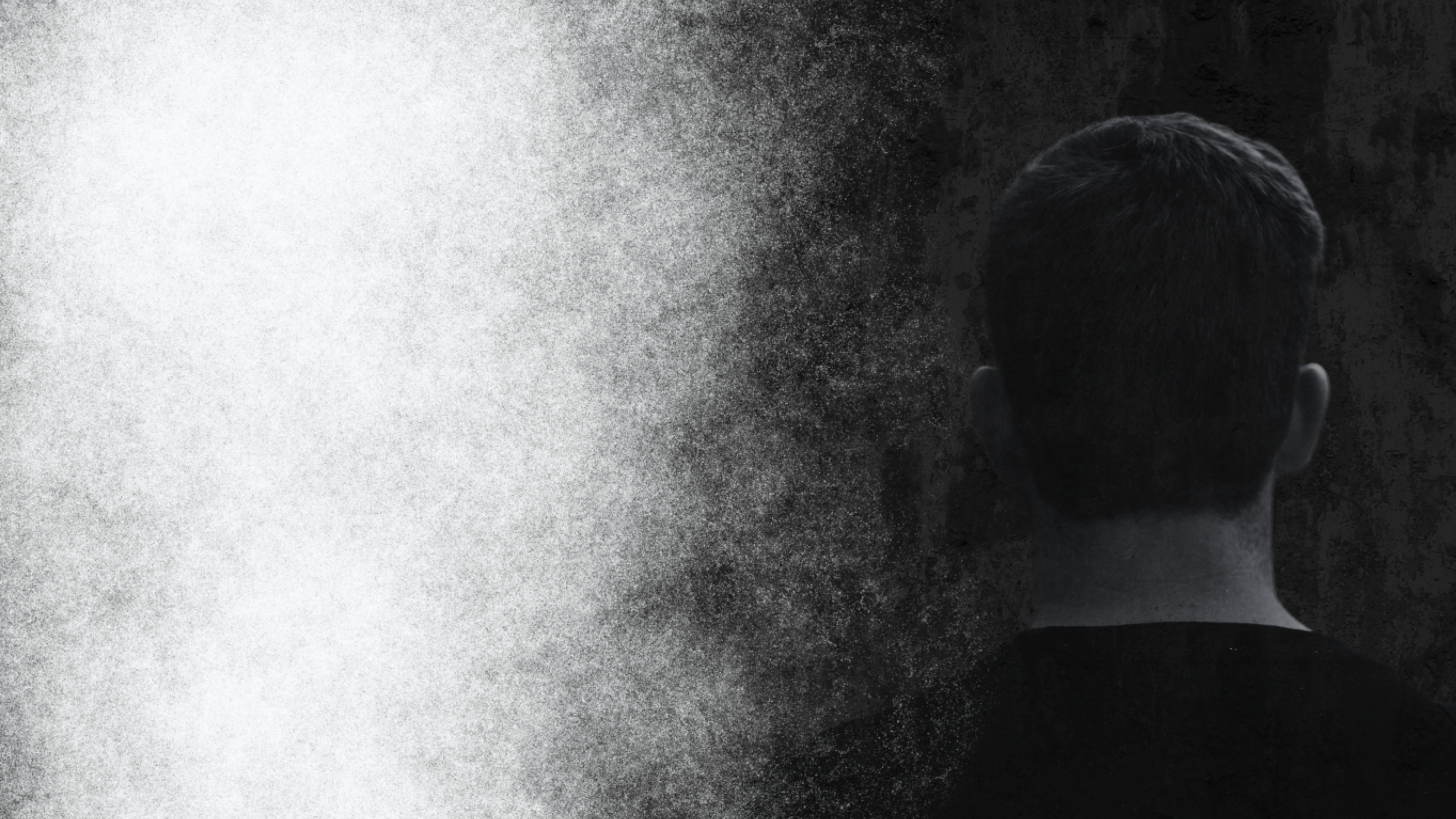
All too often, victim-survivors of family violence feel their advocacy is being called upon to tick a bureaucratic box.
They are approached by organisations wanting to ‘do the right thing’ but ill equipped to ethically incorporate lived experience into their practices.
Instead, well-intended organisations seeking meaningful reform can risk retraumatisation for people who have already dealt with their fair share of injustice.
There is a growing number of young people in Victoria fed up with a system that failed to protect them, and failed to provide adequate support when they needed it most.
Young victim survivors like Natasha Anderson (Tash) have been calling for something to change for years.
Only now, as the system turns its focus towards reform for children and young people, are they being given an opportunity to speak. But with that comes a balancing act of power and ethics.
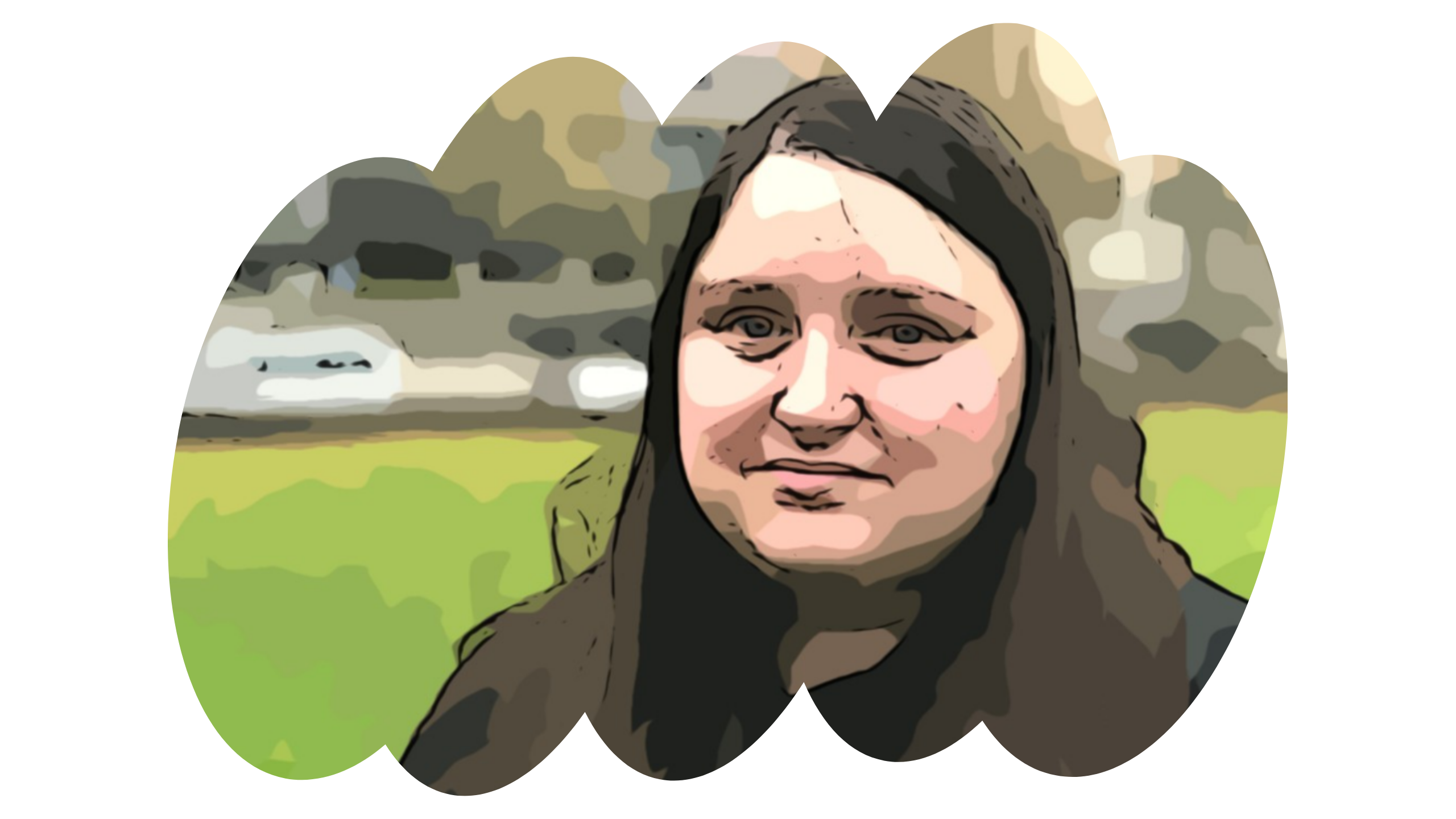
“It can be really difficult to continue to work in this space, where there is this expectation that you should be sharing really vulnerable and intimate experiences,” Tash says.
“Lived experience has become such a big thing. But it also feels like, despite all the work, we're still coming up against the same sort of barriers.”
Tash was the first Young Person representative on the Victim Survivors’ Advisory Council (VSAC) in Victoria for three and half years.
She is a Lived Experience Consultant with Berry Street’s Y-Change initiative and studying a Bachelor of Animation at Deakin University.
Tash has seen the very best and the very worst of approaches when it comes to lived experience from organisations and government.
“The majority of organisations aren’t doing it well enough,” she says.
Described as the “invisible victims” by the Royal Commission into Family Violence in 2015, the presence of children at family violence incidents has increased by 33 percent in the past five years.
There were 33,449 incidents with a child recorded as present in the year to March 2023, according to data from the Crime Statistics Agency Victoria.
There’s no wonder why focus is being directed towards younger victims after years of reform to better protect and support women experiencing violence and control.
Head of policy, advocacy and government relations at Melbourne City Mission, Shorna Moore, is currently working on the development of her organisation’s lived experience framework.
She says support and education is growing thanks to the work of advocates like Tash.
“I've seen a huge uptake in the children and young person's space.”
“But I think there's a long way to go from providing a platform for the client voice compared to actually taking action and transforming the way that government and community services operate and develop the policy responses.”
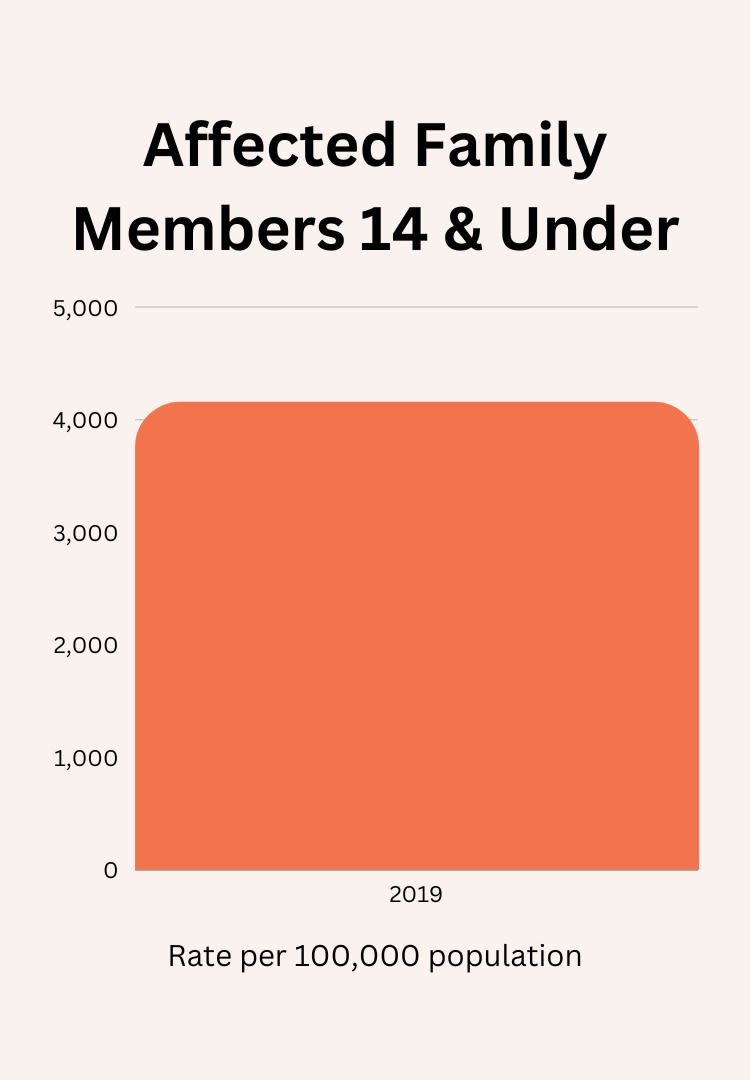
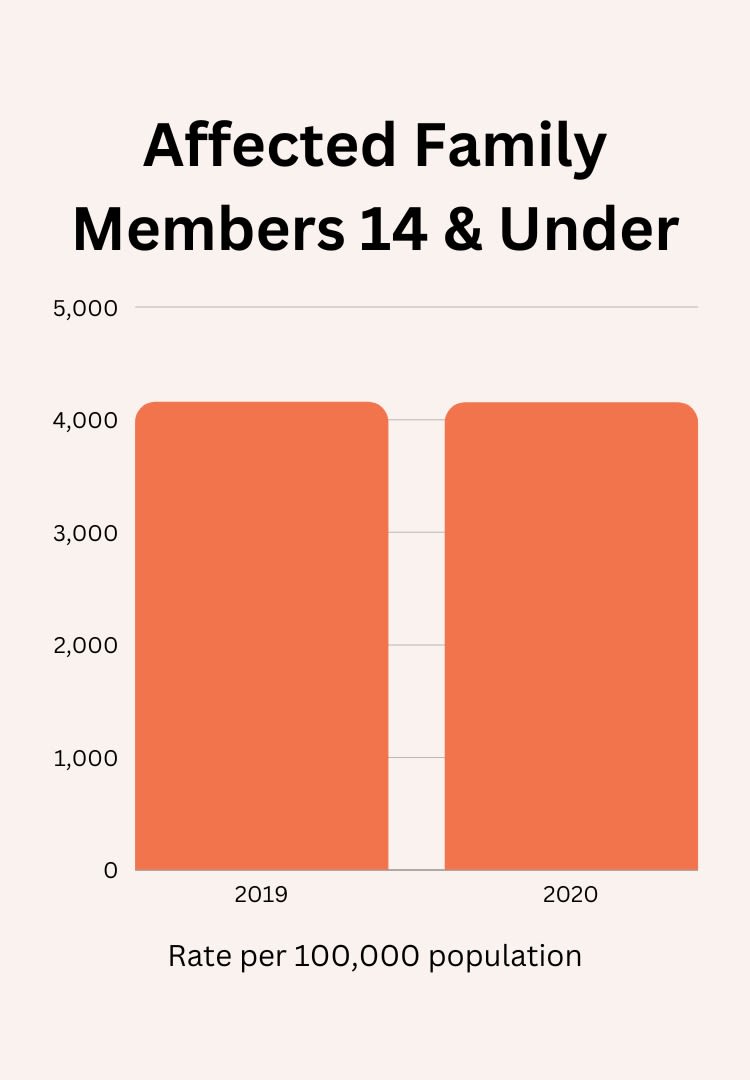
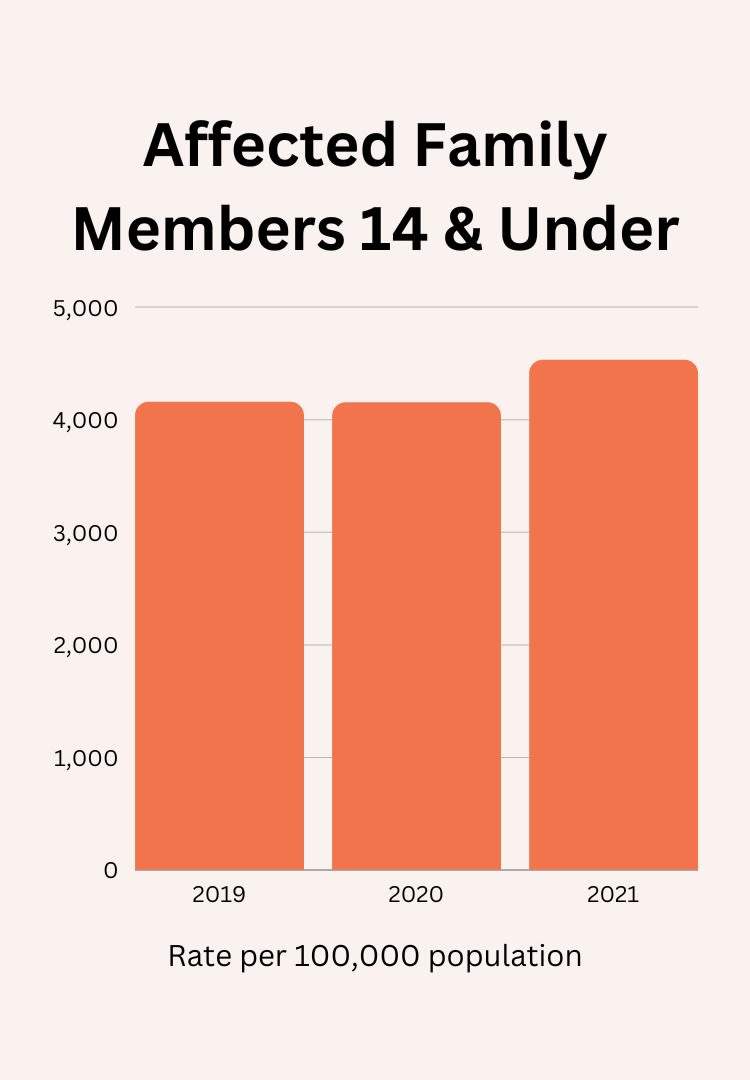
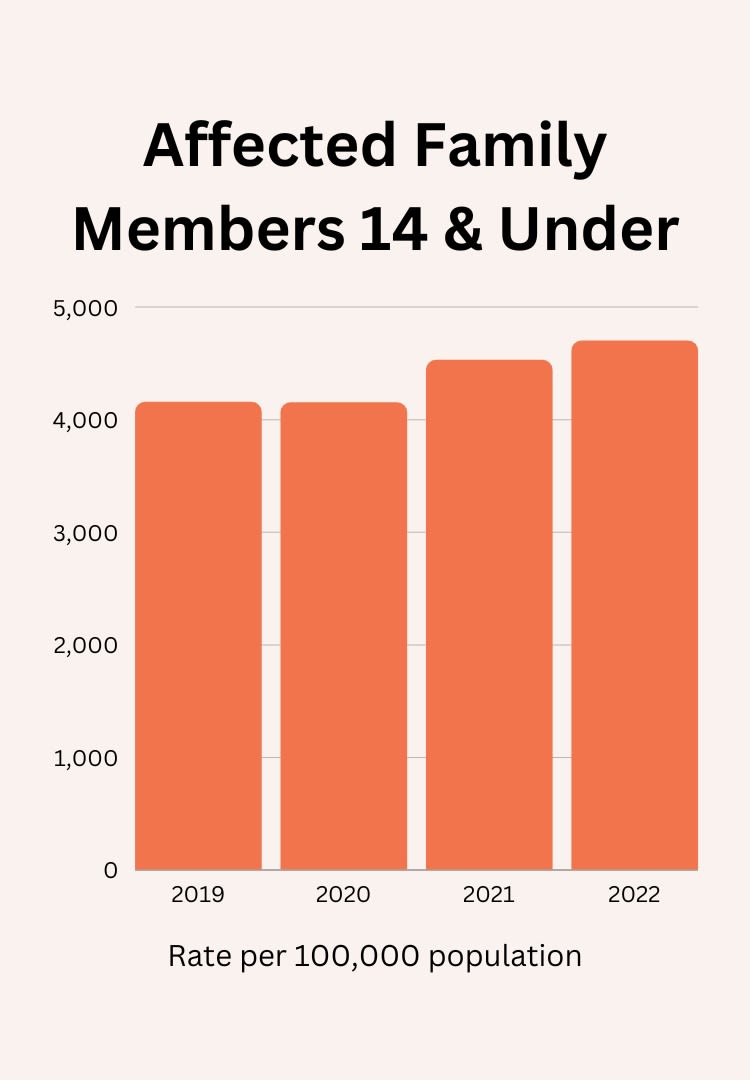
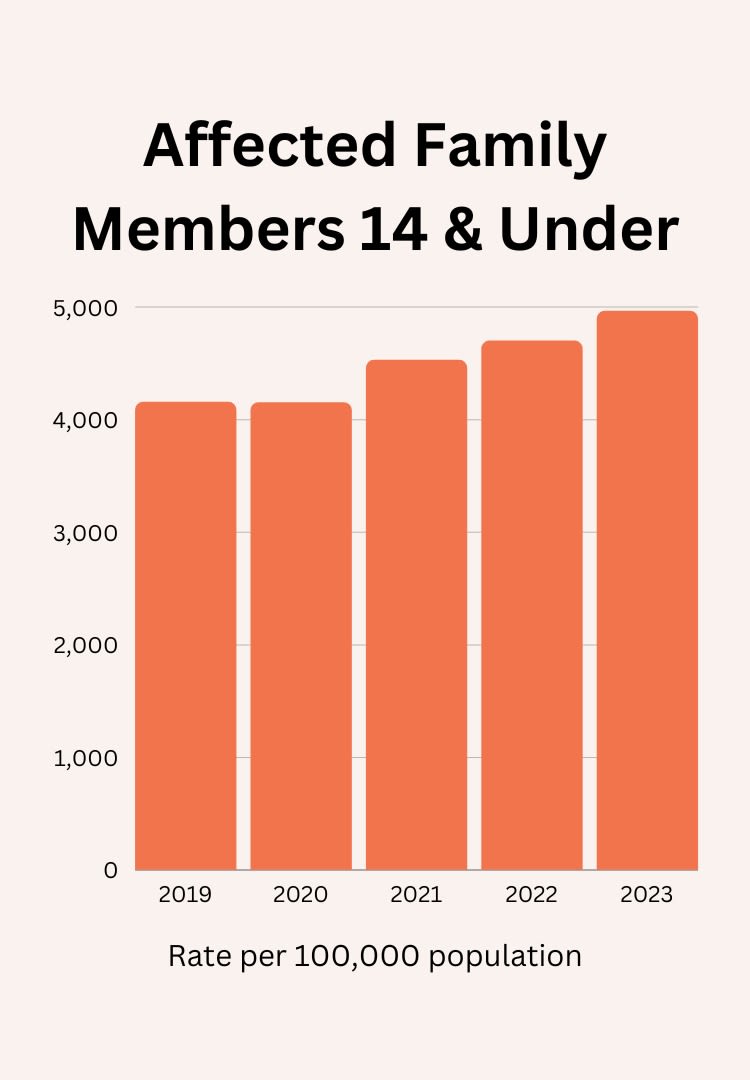
Source: Crime Statistics Agency Victoria
Source: Crime Statistics Agency Victoria
It comes after findings were released by Melbourne City Mission into the gaps remaining for young people who are experiencing family violence, either in the home or from an intimate partner.
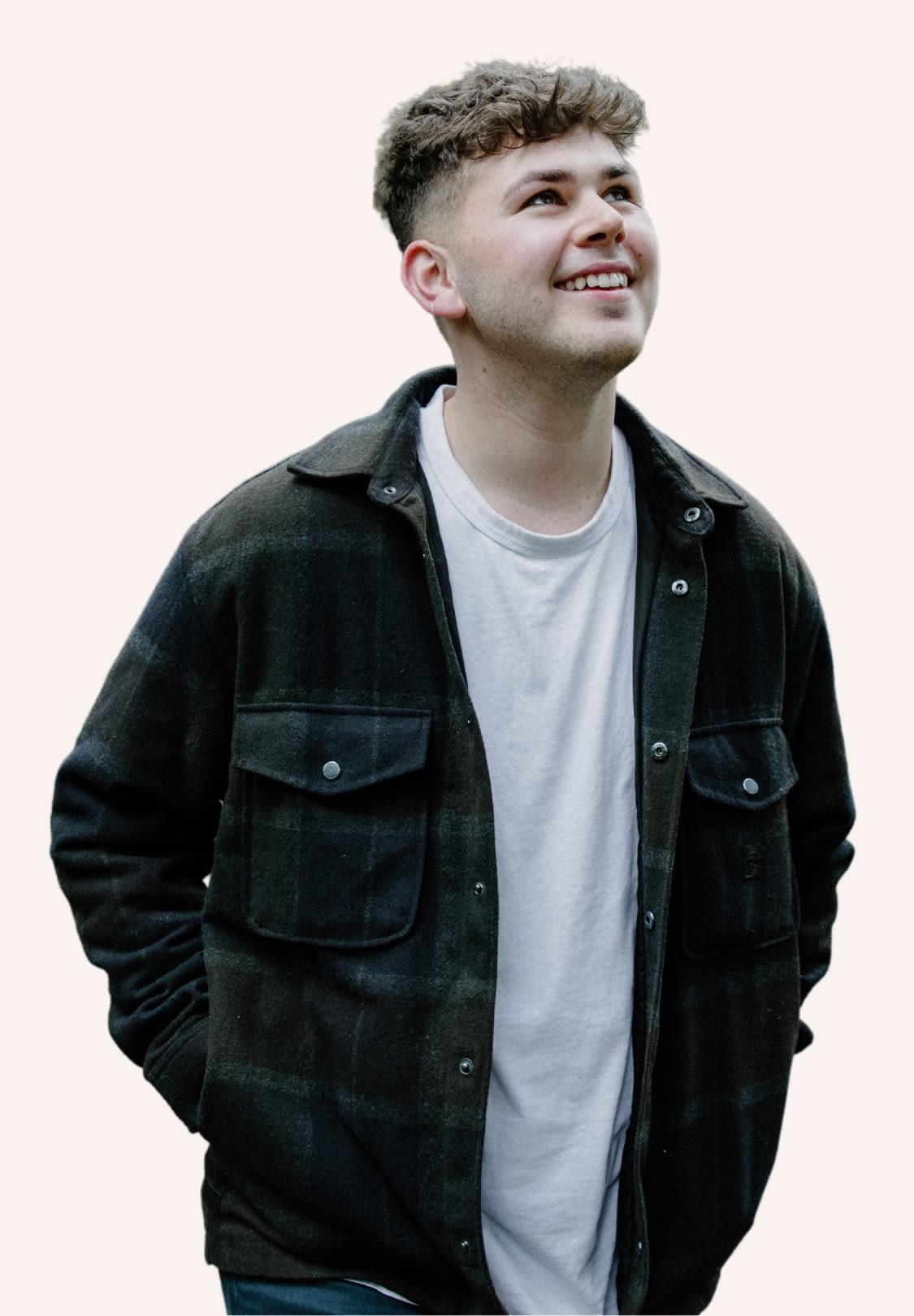
The sudden attention being put on on children and young people is bittersweet for 20-year-old Conor Pall.
As a victim survivor and current Deputy Chair of the Victorian Victim Survivor Advisory Council (VSAC), he is well aware of the privilege his profile has given him.
“People don't want to hear from an angry 16-year-old kid when things are happening to him at that moment.”
“They want to hear from someone who’s measured, palatable and someone that has their shit together.”
And while Conor is at a point now where he can be articulate in his advocacy, he says it’s an issue which points to the very problem that exists in the lived experience space.
“Now that it's on the system's terms, and the system's ready, people expect children and young people to drop everything that they're doing, and be ready to trauma dump and tell them everything that needs to change. And that's not okay.”
Kirra Horley has worked alongside Conor on VSAC as former Deputy Chair and is currently employed at Berry Street as a Youth Engagement Coordinator.
She says organisations need to shift their perception of lived experience practice from one that is passive, to a more reciprocal two-way relationship.
“It's definitely slowing down the process and doing it well, not just rushing into it, because it's a new trend.”
“Actually taking the time to understand the context and what it would look like.”
Kirra started her advocacy journey back in 2017 and has seen the recent growth in the lived experience space when it comes to family violence affecting young people and children.
She says, while there are more and more survivors speaking up as advocates, it is still obvious the sector is yet to successfully grapple with how to incorporate lived experience ethically and productively.
“It kind of sits off to the side, in a lot of different organisations. So it's not always given the time, the funding, the resources and the support to do the work well.”
Kirra, Tash and Conor tell me this is where change is needed, so work can really get underway in reforming the system itself
Morgan Cataldo knows this work well. She lives and breathes integrating lived experience led and informed approaches into Australia’s social systems.
Having worked extensively across peer education, policy, advocacy, and having been a service user herself, Morgan has felt her fair share of frustration.
But, it’s starting to wane.
"I feel like we're coming into a time where people are finally starting to understand the value of this work," she tells me.
And while it’s an exciting time as lived experience and expertise starts getting a seat at the table, that’s when issues of complex and power dynamics rear their head.
“A lot of folks will open the door to this work, and then become shocked that people are challenging them or have gripes with the dominant system or institution,” she says.
“Power literacy is number one for me, we need to be able to talk about power.”
Morgan is the first to acknowledge the disparity between her understanding and that of many organisations.
She says, “there’s a shitload of goodwill… and intent” in a lot of non-profits, but they’re lacking the support to understand how to do it well.
"They need to dig deep to be able to fund it themselves, which is a difficult thing for organisations with limited resourcing."
"This work has exploded, but adequate funding is not keeping up with demand."
This is why many in the space are rushing to create resources to assist organisations with some form of structure and guidance.
Safe and Equal is the peak body for specialist family violence services in Victoria and provides support to victim-survivors, working on primary prevention right through to response and recovery.
The organisation co-produced a framework with researchers from the University of Melbourne Research Alliance to End Violence to Women and Survivors.
It aims to support survivor-advocates and organisations to engage with each other and work collaboratively.
“It's got so much richness in there and there's templates that are readily available to us,” Morgan says.
"Although unique to the family violence sector, they are translatable across other sectors and issue areas."
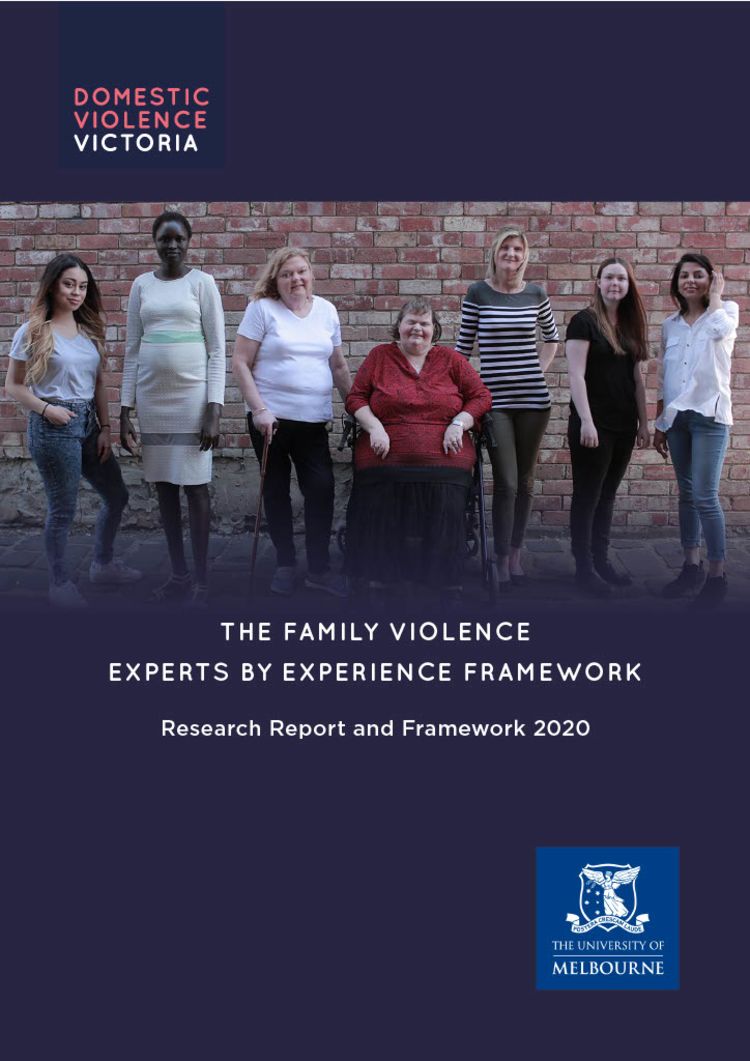
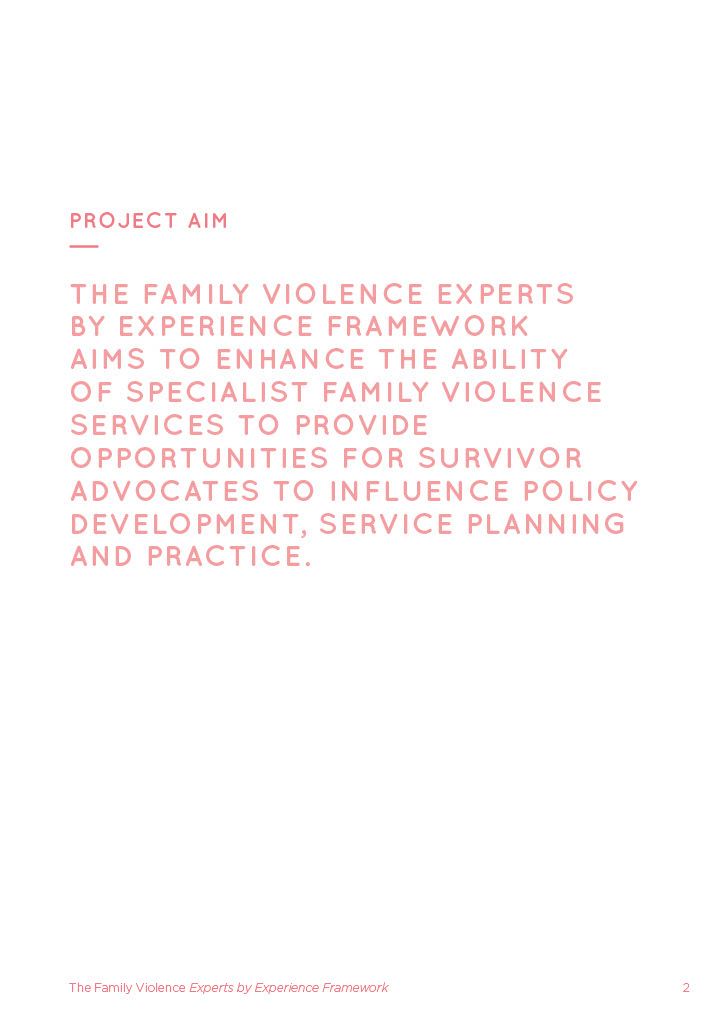
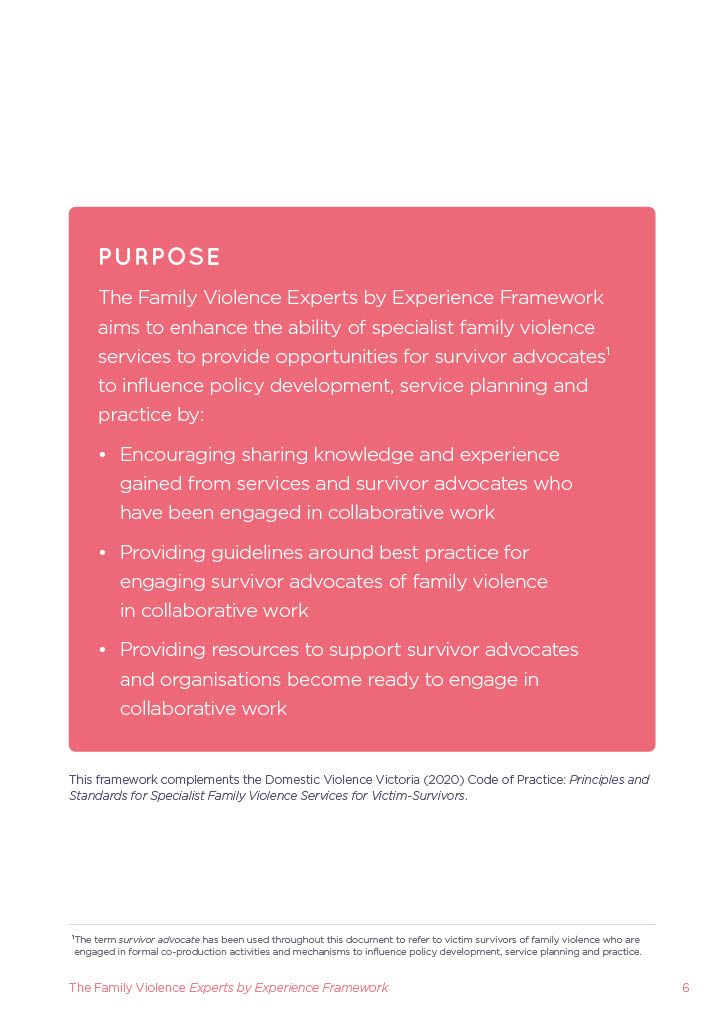
It's resources like the Safe and Equal framework that are going to support organisations to take the complex leap in a way that is ethical for survivors and goes beyond ticking a box, Morgan says.
It's hoped government funding will also increase to complement the work underway so organisations can adopt frameworks and strategies extensively across the board.
Survivor-advocates can then get straight to business in working with stakeholders in reforming a system that let them down.
"As organisations, you have a responsibility to include lived experience in the work that you do," Natasha says.
"And that's from beginning to end, not just as a consultation.
"Your services will be much better off if you have lived experience involved."
Family and domestic violence support services:
If you need help immediately call emergency services on 000.
- 1800 Respect National Helpline: 1800 737 732
- Women's Crisis Line: 1800 811 811
- Men's Referral Service: 1300 766 491
- Lifeline: 131 114
- Kids Helpline: 1800 55 1800
